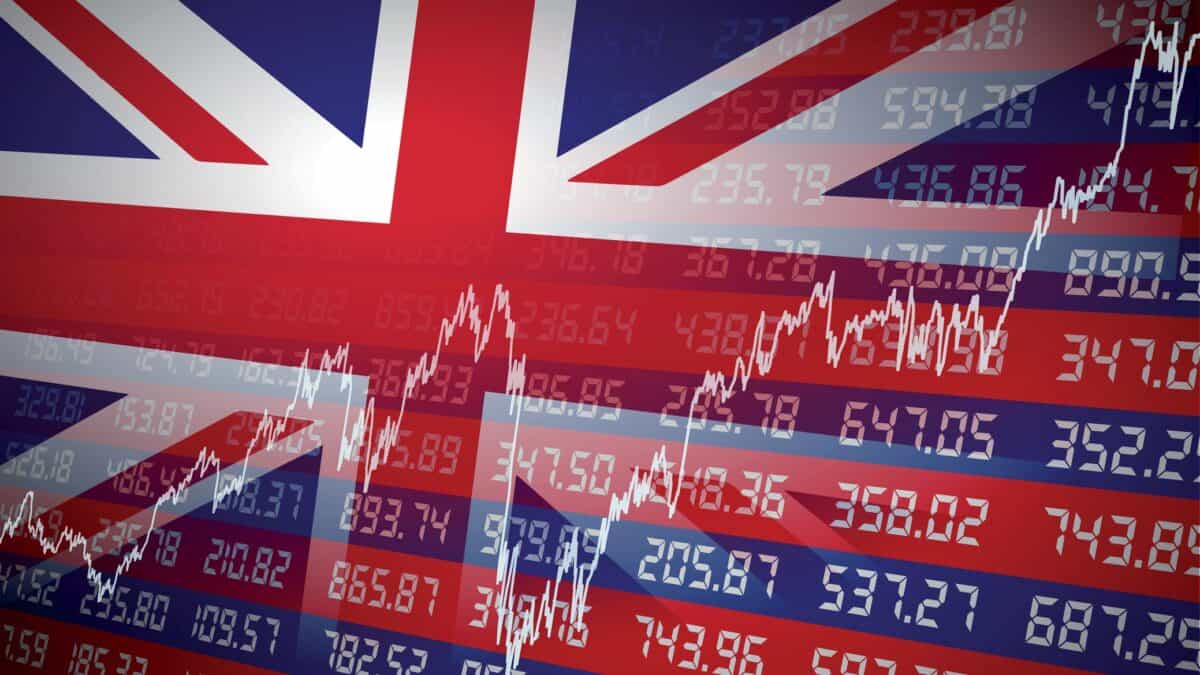The Bank of England (BoE) last week announced its first interest rate cut in this cycle. I believe plenty of FTSE 100 stocks could experience better fortunes ahead if this trend continues.
Two stocks on my radar are Barratt Developments (LSE: BDEV) and Unilever (LSE: ULVR).
Here’s why I’d love to buy some of their shares when I have the cash to do so.
Should you invest £1,000 in Barratt Developments right now?
When investing expert Mark Rogers has a stock tip, it can pay to listen. After all, the flagship Motley Fool Share Advisor newsletter he has run for nearly a decade has provided thousands of paying members with top stock recommendations from the UK and US markets. And right now, Mark thinks there are 6 standout stocks that investors should consider buying. Want to see if Barratt Developments made the list?
Barratt Developments
Higher interest rates, as well as inflation, had a negative impact on the housing sector and firms like Barratt. Building costs soared, eating into margins, and consumers were unable to obtain costlier mortgages. These consumers were too busy battling with other issues such as higher energy costs.
These issues are ongoing risks. Inflation may have come down, but could creep up once more. Furthermore, the first interest rate cut has occurred, but there’s no guarantee that further cuts are on the way. Barratt could find completions, sales, earnings, and returns are impacted moving forward.
From a bullish view, Barratt is in a prime position to benefit from continued rate cuts, in my view. Firstly, inflation coming down means building is cheaper, without having to compromise on quality. This could stimulate completions. In terms of selling, consumers may have more money in their pockets due to the factors mentioned, and the house buying market could rise once more with more affordable mortgages. This would be good news for Barratt’s shares, earnings, and shareholder returns.
Next, the shares look excellent value for money right now on a price-to-earnings ratio of just over seven. Plus, a dividend yield of 5.5% is attractive for passive income. However, I do understand dividends are never guaranteed.
Unilever
Like Barratt, economic volatility has hurt Unilever, which specialises in premium branded goods. The rise of essential ranges from leading supermarkets, as well as disruptors Aldi and Lidl, have hurt the business, and its shares. This is because consumers are looking to make their money stretch further. There is every chance some consumers stick with cheaper alternatives even with more money in their pockets, and this is a risk I’d keep an eye on as it could dent Unilever’s performance, shares, and returns.
Moving to the other side of the coin, it’s hard to ignore Unilever’s brand power, wide presence, and previous track record. However, it’s worth noting that past performance isn’t any form of guarantee of the future.
In addition to this, a recent strategy undertaken by the firm to dispose of lesser performing brands and invest in those propping up the business could catapult the firm and its performance levels to new heights.
As well as having defensive traits — consumers need to eat, clean, and carry out other essential day to day tasks — the fundamentals for Unilever look good too. The shares trade on a price-to-earnings ratio of 20. I’d consider this a premium, but still cheaper than historically. However, I personally have no issues paying a fair price for a wonderful company. Finally, a dividend yield of 3.1% sweetens the investment case.








